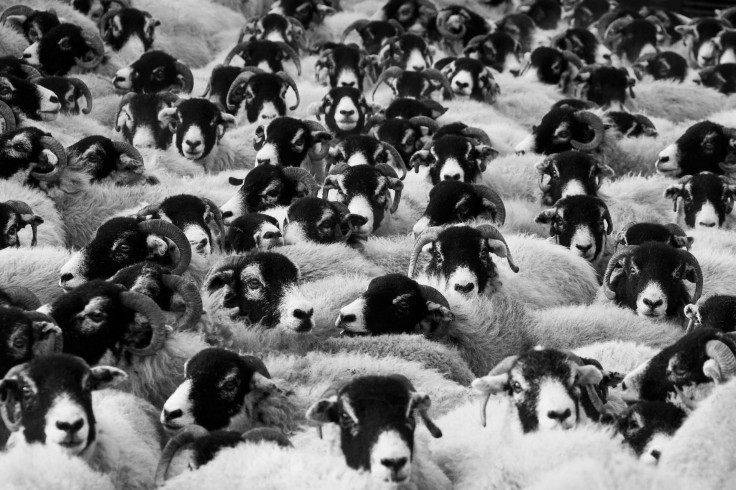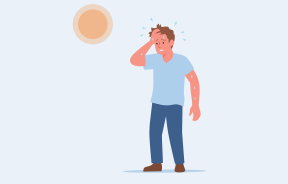Are You A Conformist, Or An Outlier? Fitting In Dictates Many Of Our Decisions, Study Says

How many of your personal choices, from your favorite outfit to your group of friends, is actually a reflection of your tastes versus society’s standards? A new study aimed to solve the mystery of why we do the things we do, how much society actually influences our choices, and how norms came to be.
Read: Energy Drinks And Alcohol Make You More Drunk, But Only In Your Mind
A study by the National Institute for Mathematical and Biological Synthesis shows that social norms are internalized to become almost instinctive as a way to foster cooperation. For the study, researchers used computer simulation to determine how people behaved working as a group. Participants had to make choices about working collectively, as a team. There were negative consequences for uncooperative people.
The team studied two types of action based on teamwork that they believed reflected situations people throughout time have faced. One scenario was an "us vs. nature" struggle, where people had to hunt for food, protect themselves against danger and breed. Another scenario depicted an "us vs. them" mentality and revolved around conflict and competition with outside groups over issues like mating and land. Scientists found that norms were internalized in both instances, They also discovered that punishment from one's peers encouraged cooperation more than promoting teamwork and participation.
Scientists also predicted that in certain conditions, people can be oversocialized and make extreme decisions for the supposed good of their social groups, citing suicide bombers. Undersocialization happens too, in the case of psychopaths who are not compelled to fit into social norms.
More than just an interesting look into why we behave in certain ways, studies like this can help with policies to create real effects in society.
The World Health Organization asserts that social norms are one problem that fosters harmful behavior like violence in dating and sexual abuse.
“Cultural and social norms are highly influential in shaping individual behaviour, including the use of violence. Norms can protect against violence, but they can also support and encourage the use of it,” the WHO writes in a report from 2009. The organization believes that more studies about intervention tactics that oppose the norms when it comes to violence should be conducted.
Read: Do Women Smile More Than Men? New Research On Expression And Gender Differences
"Every day human beings make choices among multiple options in how to respond to various social situations,” says lead author of the current study Sergey Gavrilets, professor of ecology and evolutionary biology and mathematics at the University of Tennessee, Knoxville, in a statement. “Those choices are affected by many interacting factors, including social norms and values. Understanding the effects of social norms could help us better understand human decision-making and better predict human actions in response to certain events or policies."
Researchers from Arizona State University in 2013 also looked at the power of social norms in terms of behaviors affecting climate change and found that if policy encouraged behaviors like recycling, these good-for-the-environment deeds would become second nature.
See Also:
Being Lonely Might Be Keeping You Awake At Night
This Part Of Your Brain Could Be Why You Have No Chill About The Future
Published by Medicaldaily.com



























